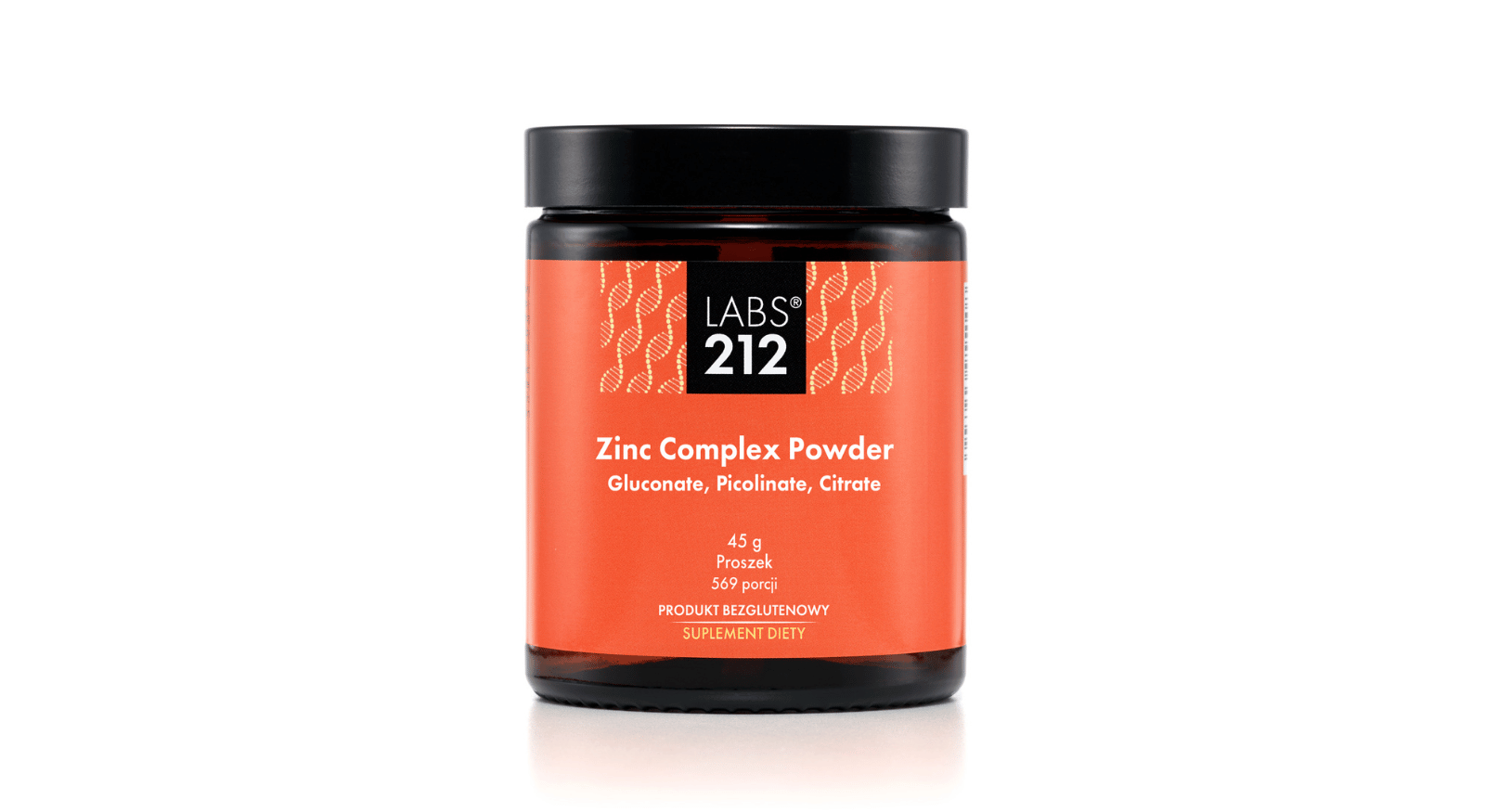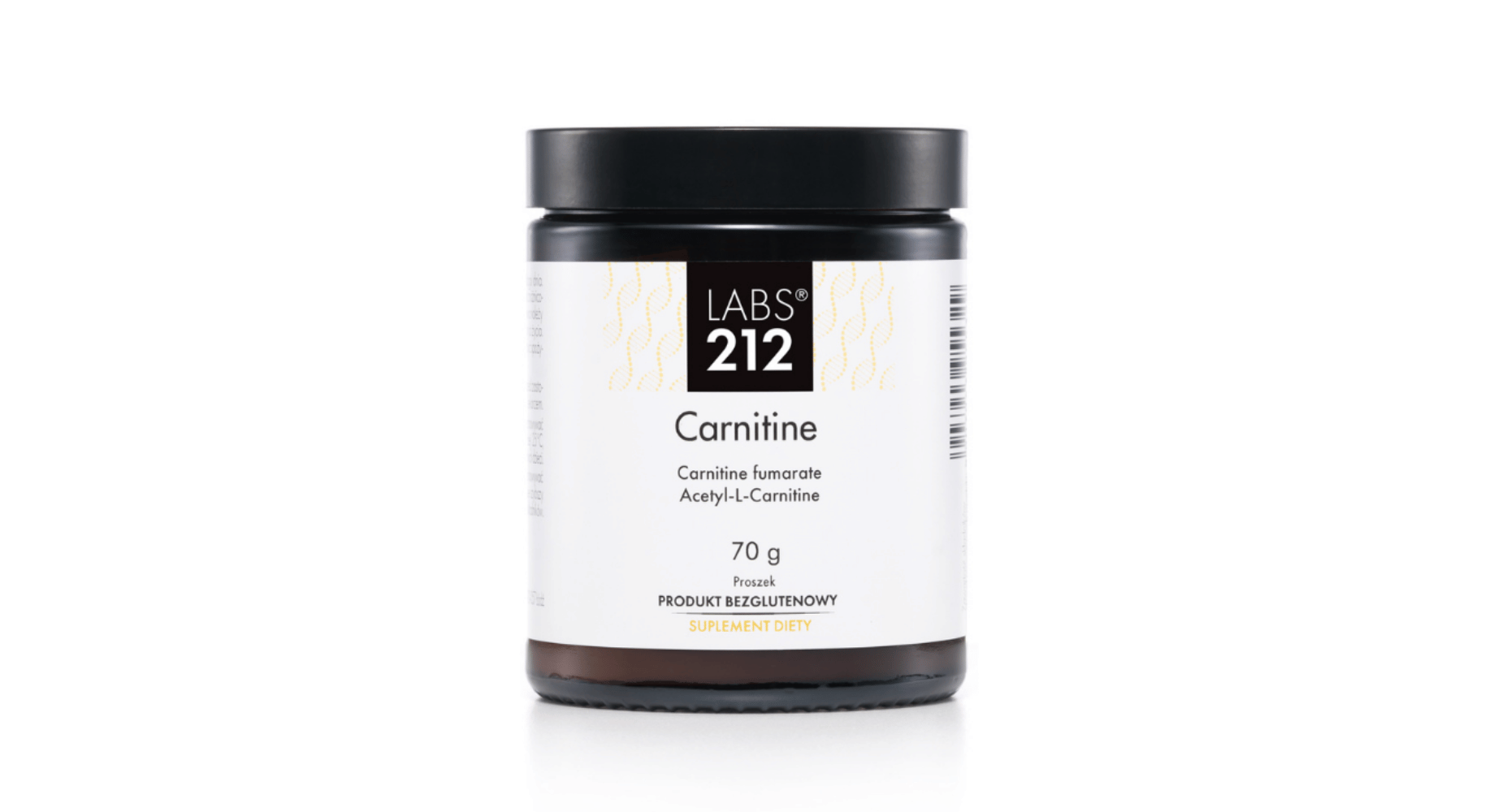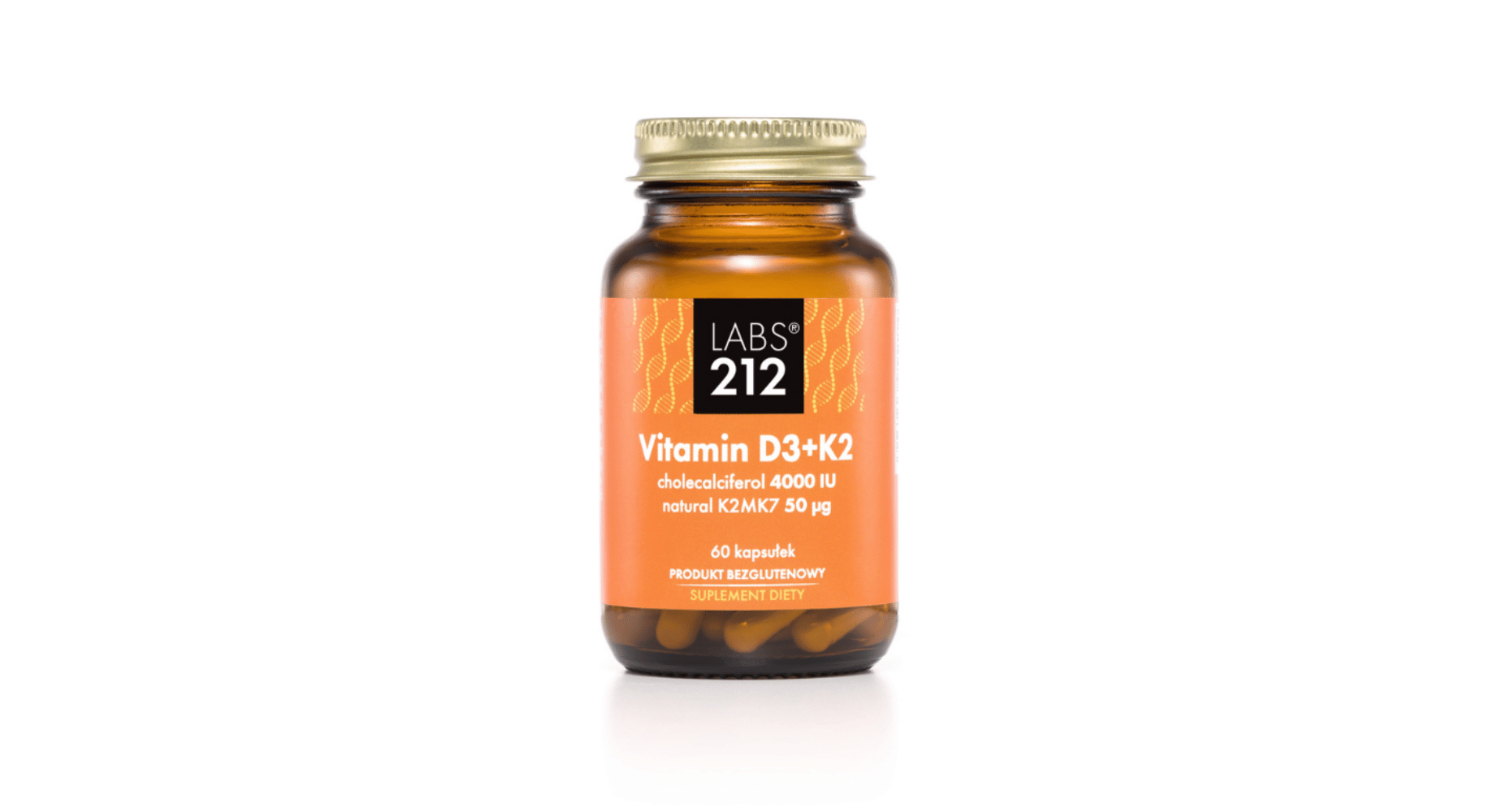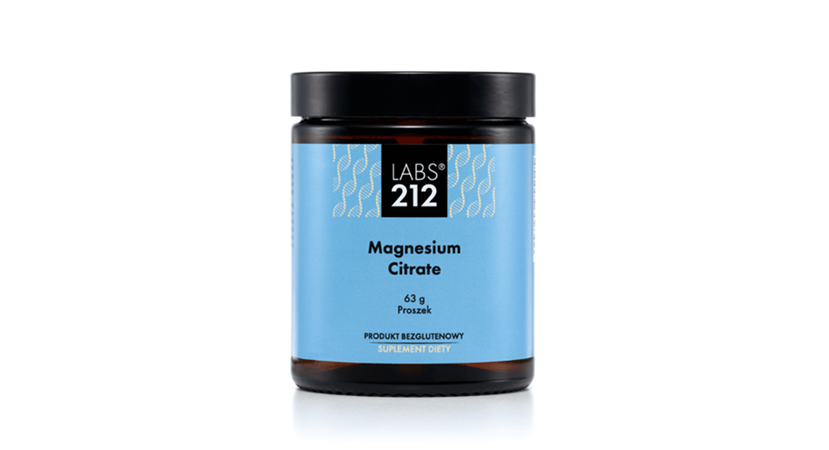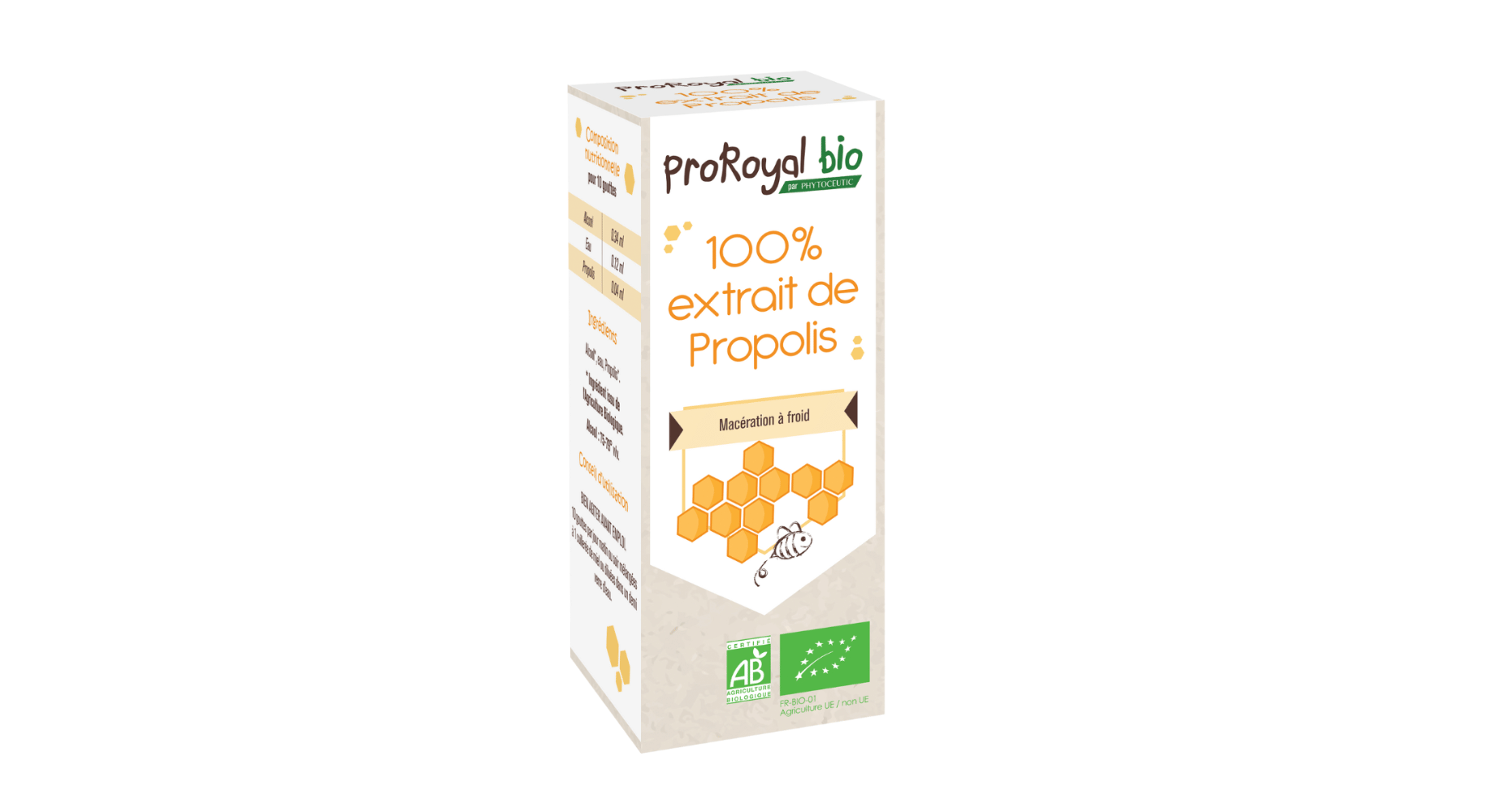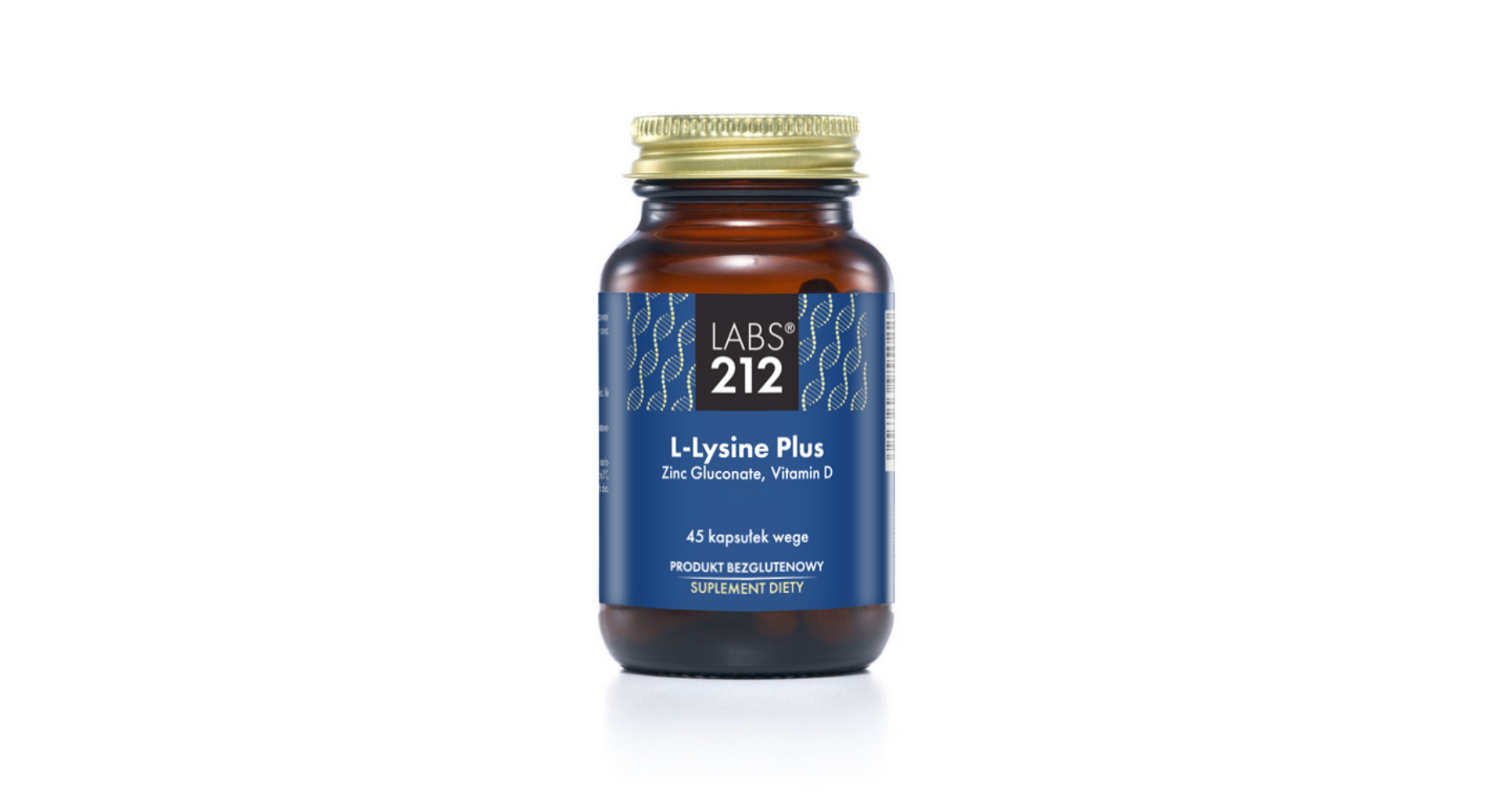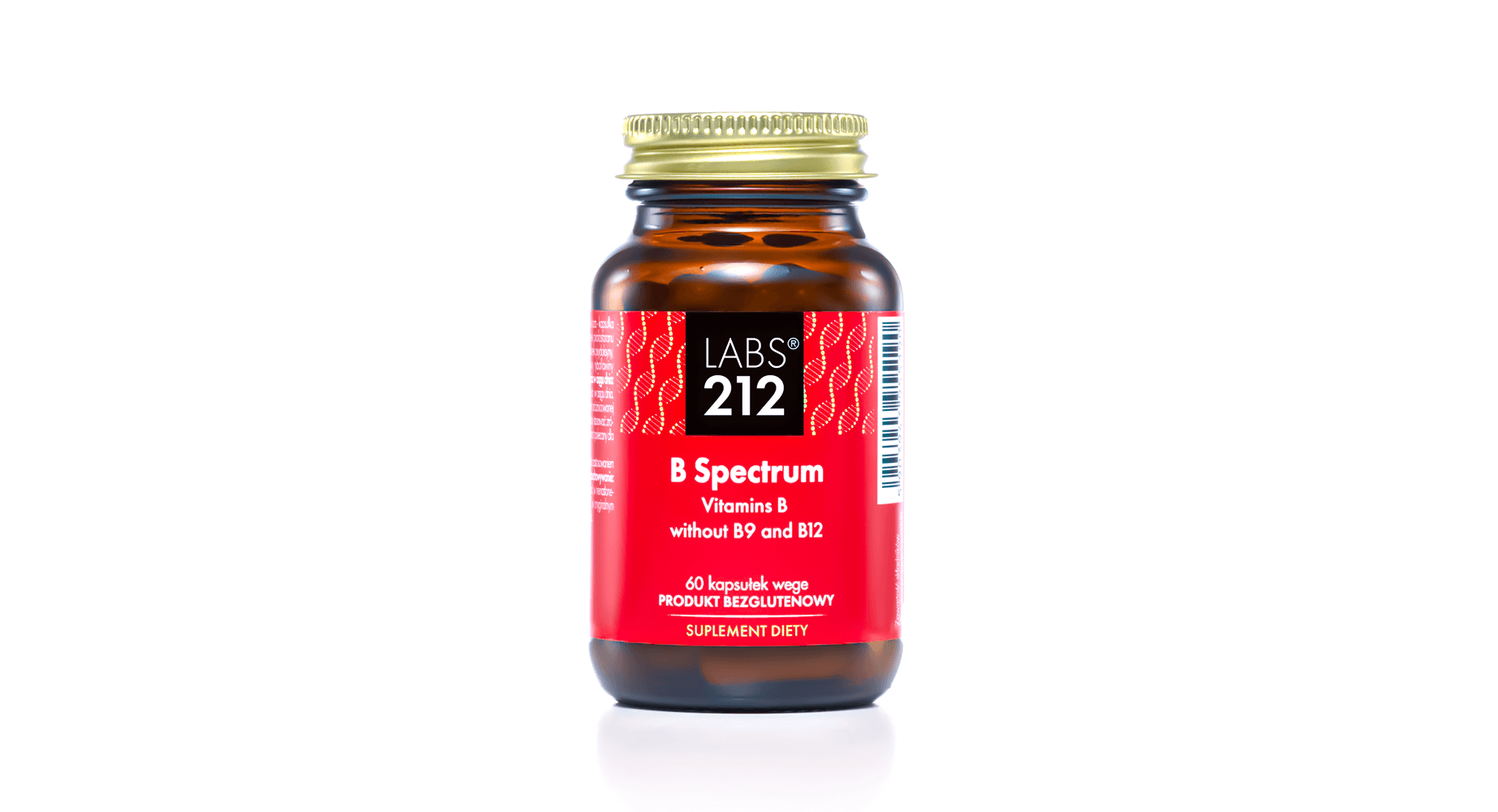Safe shopping guarantee. You will receive your product or your money back. See details
Zinc Complex Powder
129,99 zł Lowest price 30 days before discount: 129,99 zł.
A blend of 3 organic forms of zinc: picolinate, citrate, gluconate. 569 servings per container. Helps maintain normal immune system.
Dietary supplement
Zinc Complex Powder
A blend of 3 organic forms of zinc: picolinate, citrate, gluconate
Supports normal immune system function
Servings per container: 569
Tested microbiologically, for heavy metals and ethylene oxid
129.99 zł
489 in stock
Price per 100 g: 288,87 zł

Lowest price 30 days before discount: 129,99 zł.

What secrets does zinc hold?
Zinc is a mineral. It is the so-called ‘essential trace element’ because it is needed in very minute quantities for the organism to stay healthy. It is involved in hundreds of changes that take place in the human body. Zinc can’t be stored in the body. Therefore, you must supplement it regularly through your diet.
Zinc has antioxidant properties, which means that it helps safeguard the body’s cells from damage by free radicals. Free radicals can contribute to the ageing process, including heart disease and cancer. Zinc is involved in over 300 enzyme reactions. This relates to protein and carbohydrate metabolism, RNA/DNA synthesis and thus cell replication, body regeneration as well as intracellular signalling. The production of digestive enzymes, antioxidation and even methylation itself also depends to some extent on the zinc concentration in the body!
Zinc is available on the market in many forms. The compound that binds with zinc has an effect on its bioavailability and absorption capacity.
Zinc is absorbed in the intestine with the help of a dedicated ZIP protein, through which it is uptaken by enterocytes.
Forms with the best absorption and bioavailability include:
- Zinc Picolinate
- Zinc Gluconate
- Zinc Citrate
- Zinc Acetate
Inorganic forms, with poorer bioavailability:
- Zinc Sulphate
- Zinc Oxide
The human requirement refers to zinc cations (Zn2+) and not to the entire compound present in the product (e.g. zinc citrate). For zinc to be absorbed in the body, its salt must first dissolve and release Zn2+ cations (the so-called free form). To sum up, the more salt is dissolved, the more zinc will be absorbed.
Mineral compounds as well as zinc compounds differ in molar mass and percentage zinc content (as Zn2 ions), for example:
- Zinc citrate contains between 31 -34 % zinc ions, i.e. there are 310-340 mg Zn2 in 1 gram of zinc citrate.
- Zinc picolinate contains between 20-21 % zinc ions, so there are 200-210 mg Zn2 in 1 gram of zinc picolinate.
- Zinc gluconate contains approximately 14 % zinc ions, i.e. there are 140 mg Zn2 in 1 gram of zinc gluconate.
Zinc deficiency can result in:
- loss of appetite,
- attempts to eat non-food items (the Pica syndrome) in children and adults,
- hair loss,
- disorders of protein digestion already at the gastric level,
- severe disorders of the methylation cycle (zinc conditions the use of vitamins B6, B9 and B12 to reduce levels of pro-inflammatory homocysteine),
- symptoms of deficiency will also be low stature,
- a reduced ability to sense the taste of food, especially nowadays.
Moreover, zinc deficiencies adversely affect fertility in both men and women, or may result in skin problems, as well as impaired histamine breakdown at both the intracellular and extracellular (DAO) levels, or impaired ability to fight free radicals due to impaired antioxidant enzymes.
Zinc should not be taken together with hypertension drugs, corticosteroids, tetracyclines, NSAIDs – ibuprofen, paracetamol. Also, remember that zinc should be supplemented separately from other minerals. Long-term intake of iron-rich supplements can impair zinc absorption.

